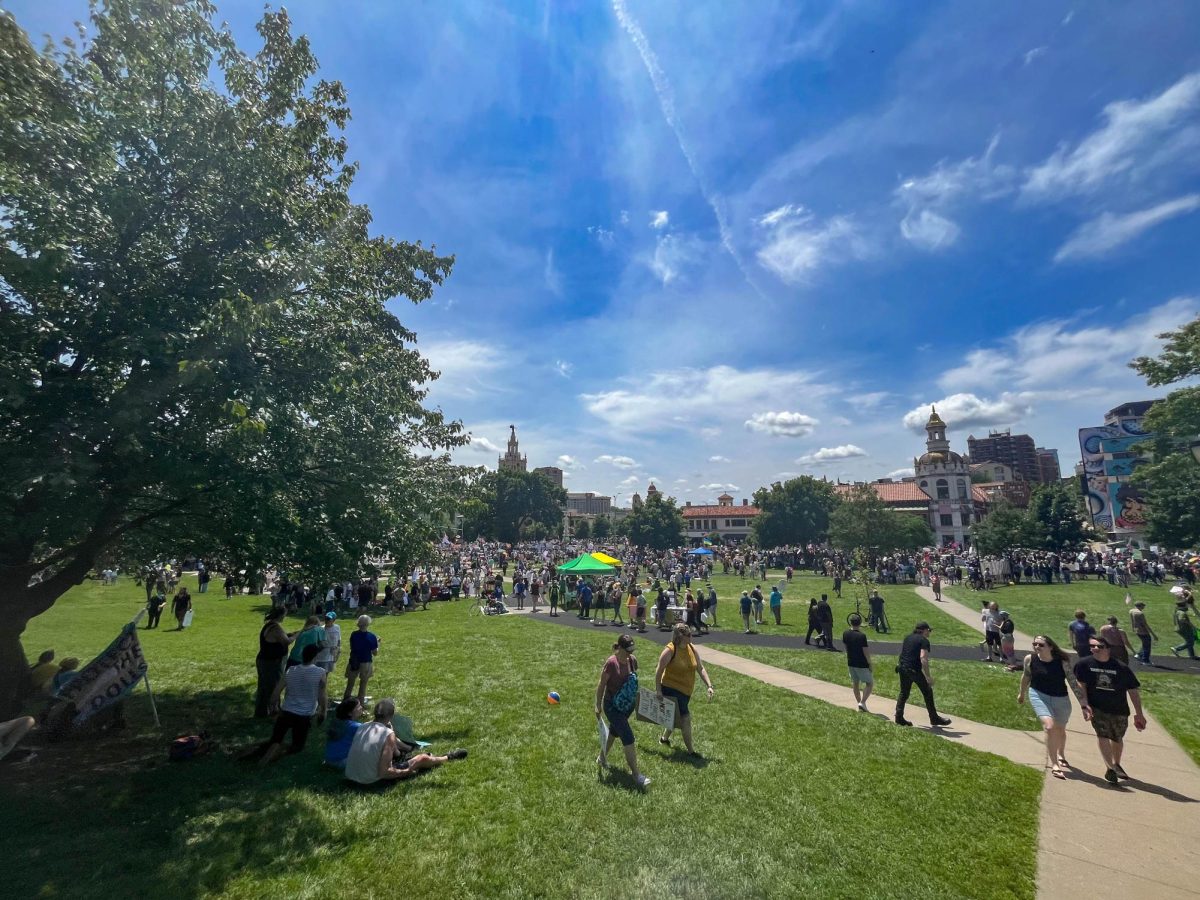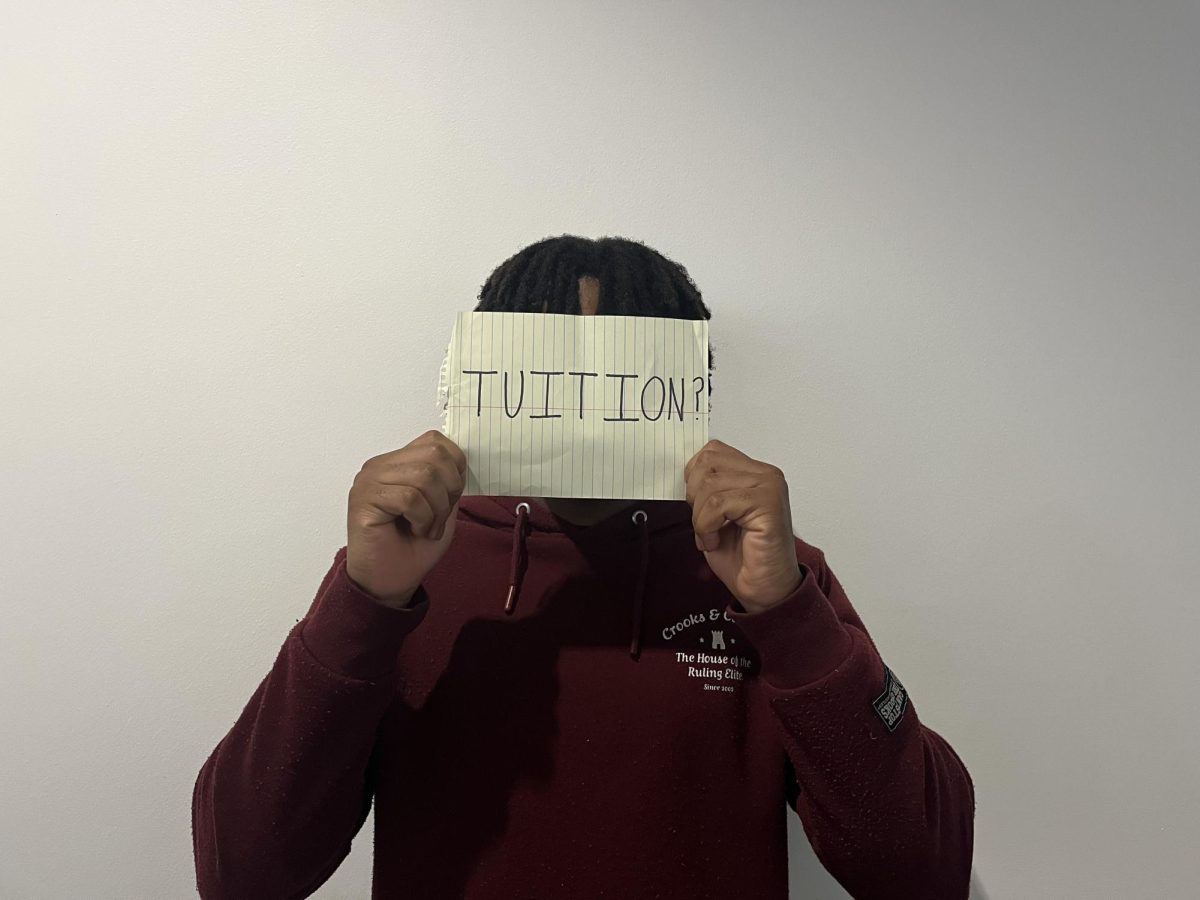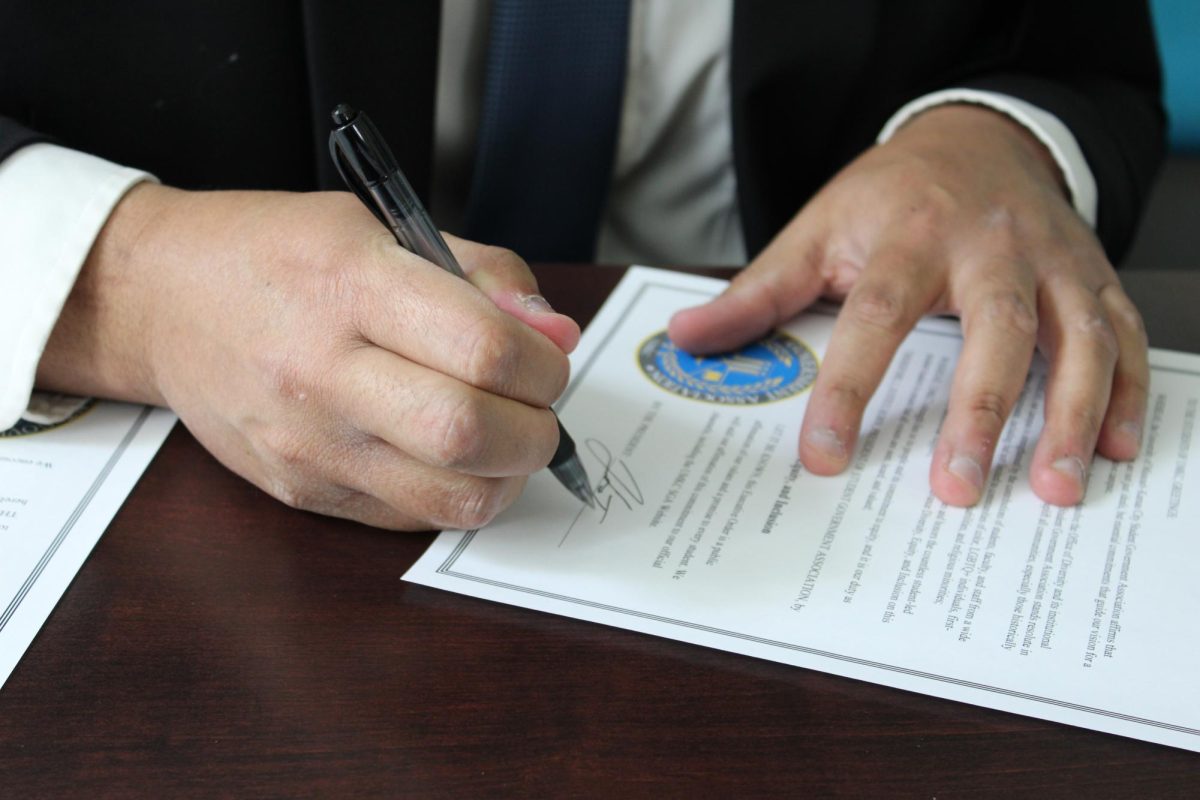Students express optimism over proposed daylight savings changes
April 14, 2022
Americans have always debated over daylight savings time and permanent standard time. This year, however, legislation is in the works to officially abolish the time change.
Last month, the Senate unanimously approved a bill to make daylight savings time permanent. Senator Marco Rubio sponsored the bill, the Sunshine Protection Act, in an effort to end the biannual practice of changing our clocks from November to March.
“I don’t think there’s been a practical use in a long time,” said Emily Harris, a graduate student at UMKC, about daylight savings time. “I think this will have a really good impact on taking away some seasonal depression, which a lot of people suffer from.”
Reducing seasonal depression, also known as SAD, is one of the many benefits the bill mentions. Other benefits include a decreased risk of car accidents, reduced energy usage, less crime and more economic activity in the winter.
“I think it might help people coming out of their rooms,” Harris said. “Because day to day life will kind of stay the same, once you get off of work it might encourage people to go socialize a little bit more if there’s sunlight.”
Research conducted by the American Academy of Sleep Medicine (AASM) also supports the elimination of daylight savings.
“Current evidence best supports the adoption of year-round standard time,” the AASM said in a statement. “[This] aligns best with human circadian biology and provides distinct benefits for public health and safety.”
David Neubauer, an associate professor of psychiatry and behavioral sciences at Johns Hopkins University, reminded the Washington Post that past efforts to implement a permanent daylight saving time, like in the year 1974, quickly proved unsuccessful. Many Americans realized that dark early-morning commutes and sending their children to school before sunrise were not worth the extended hour.
Still, UMKC students seem to prefer longer evenings, even if it means longer mornings.
“I actually personally enjoy having the sun not set at like 3 p.m.,” said Addison Bright, a UMKC business major. “I think that we’ll definitely be out later, which could help us socialize.”
Currently, two states, Hawaii and Arizona, do not practice daylight savings time. If the House passes the bill, the permanent national change could go into effect as early as November 2023.
rrr9v3@mail.umkc.edu







